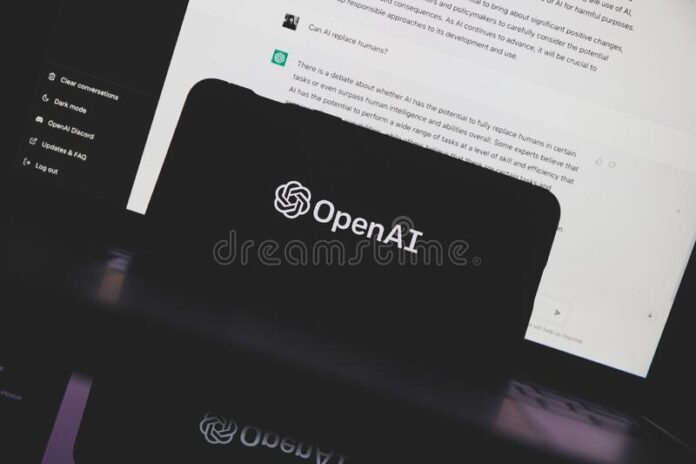
ChatGPT and other highly sophisticated AI applications have changed the way things like writing assignments and tests are answered in recent months.
Institutions around the world are questioning the future of academia and what challenges AI-generated “work” might create.
“ChatGPT is an incredibly powerful tool for students when it comes to learning.“ said Ferris Ferris, a sophomore computer engineering major at UNLV.
Ferris said the “human-like” responses from the AI can effectively give students resources to improve their understanding of subjects beyond the classroom. However, he also said the ease with which students can use the technology dishonestly makes the AI an overall danger to their learning and growth.
Ferris said that, “when students are given an easy way out of doing their assignments, it is almost always the case that they will take it.”
According to a story from VICE Technology, ChatGPT is the most advanced of its kind, which has incentivized certain institutions to ban the technology altogether, citing concerns over compromised academic performance.
The current trend of using ChatGPT to generate an essay in mere seconds has seen a massive influx of students seeking an easy solution to their assignments, according to a report by Kate Dubinski of CBC Technology.
Sally Brandon, professor of communication at Deakin University in Melbourne, found that 10 out of the 50 post-undergraduate assignments exhibited high rates of bot-generated material, which is an over 5 year high, according to a story from The Guardian.
Although ChatGPT still seems to be in the early stages of development, student exploitation is very real. For now, AI-generated text shows noticeable bugs and errors that glaringly betray the writer’s own integrity.
Eric Wang, VP of AI at Turnitin.com, expressed to Bloomberg that he believes that these bugs will only be short lived and that AI accuracy and respective results will continue to improve. With such technology, school systems are slowly becoming aware of the rampant issue of ‘contract cheating’.
Contract cheating involves students recruiting others to write an essay for them in exchange for money, according to Turnitin.com. With the advent of ChatGPT, contact cheating has never been easier. Simply sign in, type in a word count, theme and topic, and a full essay is generated in no time.
What can UNLV do about this?
For now, the signs of contract cheating using AI are pretty obvious. Lackluster sentence structure, incorrect phrasing and improper subject-verb agreement are critical signs at the minute. Instituting more effective use of bot-checking software like Turnitin at every assignment submission can help boost the rate of catching those using ChatGPT.
Additionally, awareness is key. Universities should prioritize informing staff and faculty about the nature of this technology and specific signs associated with it. With this knowledge, staff can be more aware of how this technology works, along with screening their students for use of the product.
As technology continues to grow more advanced, students should be focused on becoming the best version of themselves as possible, which means upholding academic integrity. Likewise, institutions should integrate appropriate contingencies and ensure that all manner of grading and assessment are proper and fair.
